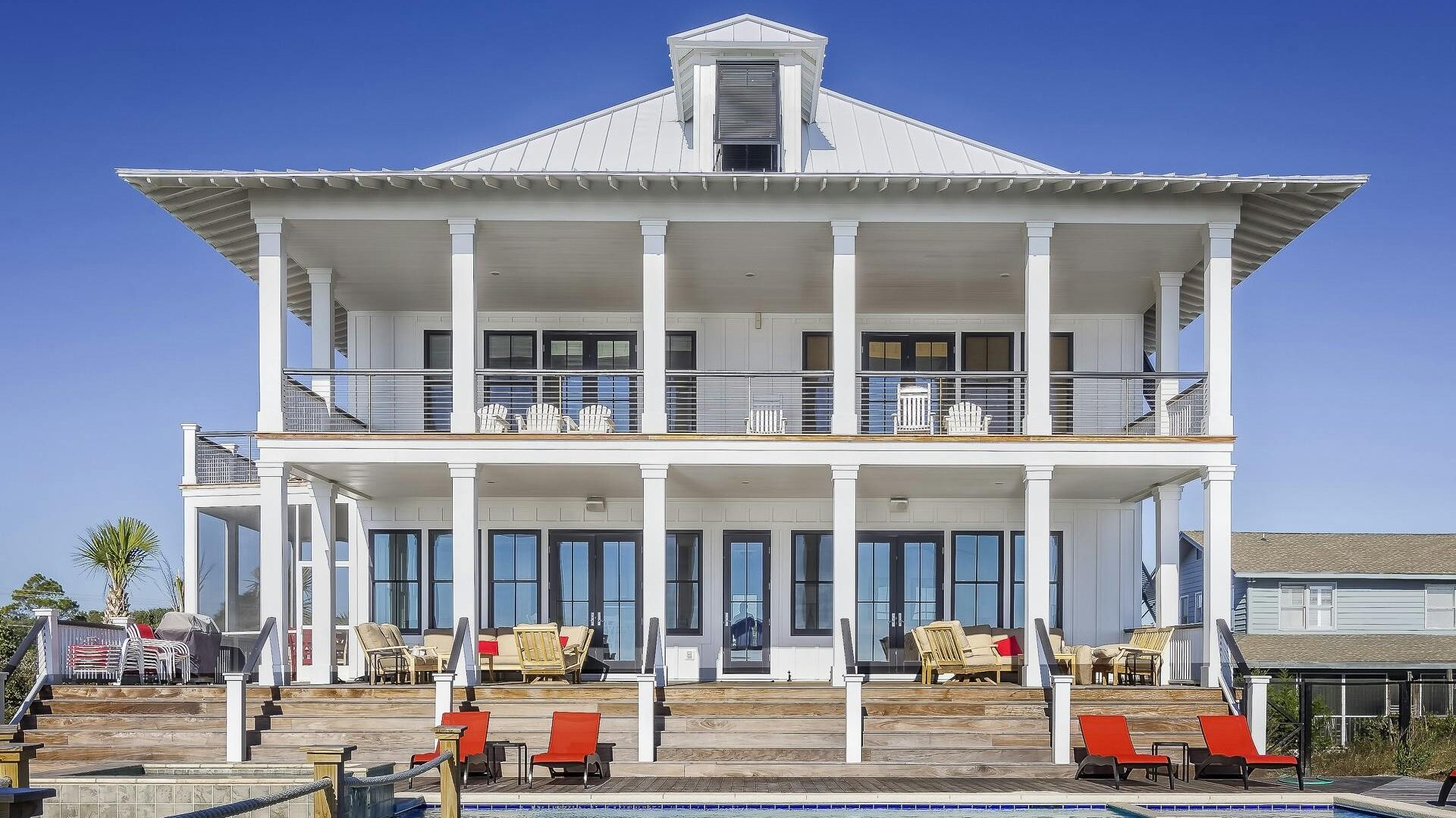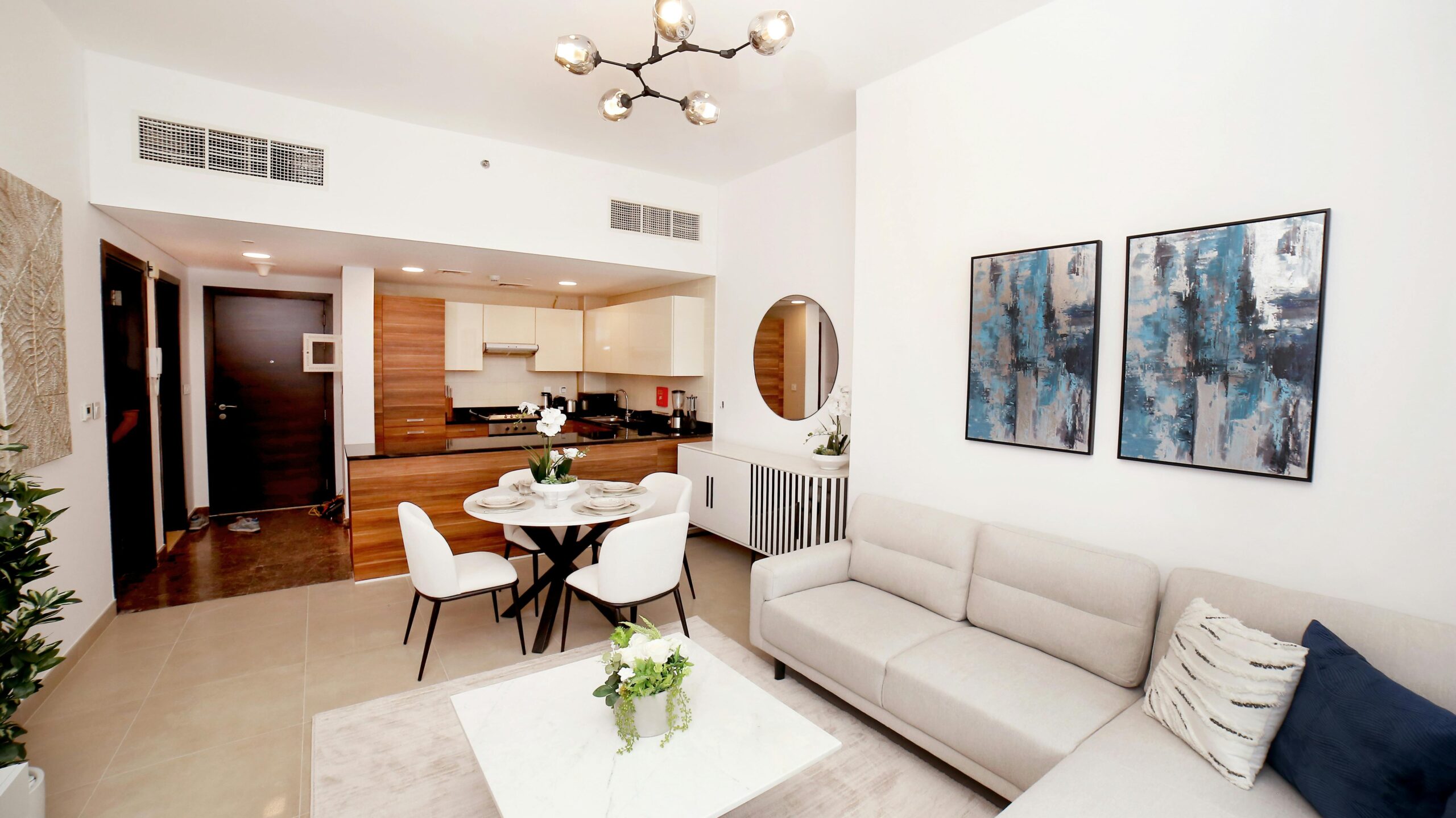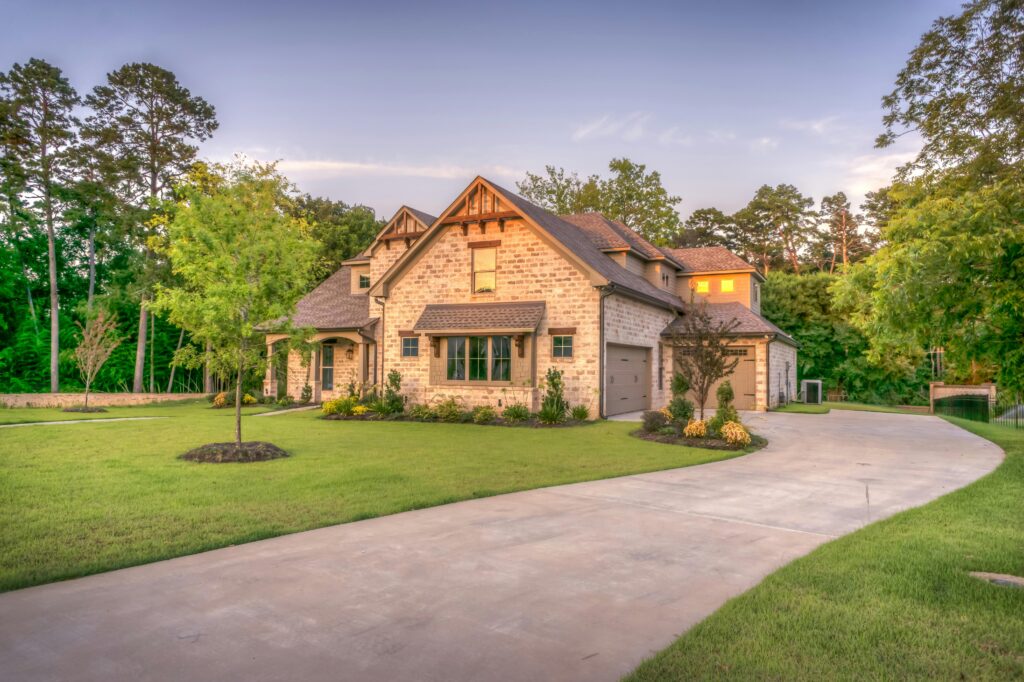Purchasing a luxury home is more than just a transaction—it’s an investment in lifestyle, comfort, and long-term value. Whether you’re looking for a waterfront estate, a penthouse with skyline views, or a sprawling countryside retreat, understanding the nuances of high-end real estate is crucial. This guide will walk you through what to consider before making a luxury home purchase.
1. Define Your Luxury Lifestyle
Luxury means different things to different buyers. Before you begin your search, consider what luxury means to you:
- Privacy and Seclusion: Gated communities, expansive land, or private waterfront access.
- Exclusive Amenities: Home theaters, wine cellars, infinity pools, or smart home technology.
- Prime Location: Proximity to fine dining, cultural hubs, or natural landscapes.
- Architectural Significance: Custom designs, historical homes, or award-winning architecture.

2. Work with a Luxury Real Estate Specialist
Not all agents have experience in the luxury market. A specialist with high-end connections, market insights, and negotiation expertise will help you navigate exclusivity, off-market listings, and custom contracts.

3. Understand the True Cost of Ownership
Beyond the purchase price, consider:
- Property Taxes: Luxury properties often have higher assessments.
- HOA Fees: Private communities may have costly association dues.
- Maintenance & Staffing: Landscaping, security, and specialized upkeep for pools or home automation.
- Insurance Costs: High-value homes often require specialized policies for unique features.

4. Get Pre-Approved (Yes, Even for Luxury Homes)
Most high-net-worth buyers purchase with cash, but if financing is involved, lenders often require more extensive documentation for jumbo loans. Secure pre-approval early to streamline the buying process.

5. Visit Properties with a Critical Eye
Luxury homes often have high-end finishes and custom features, but not all are created equal. When touring homes, assess:
- Build quality and materials.
- Smart home integration and energy efficiency.
- Resale value in case your lifestyle needs change.

6. Consider Resale & Long-Term Value
Even if you’re purchasing a forever home, resale potential matters. Factors like location, architectural uniqueness, and market demand will influence future value.

Final Thoughts
Buying a luxury home is an exciting journey, but it requires expertise, preparation, and a clear vision. By working with the right professionals and understanding the finer details, you can make a confident, informed investment that enhances your lifestyle.
Thinking about purchasing a luxury home? Let’s find the perfect property for you.

